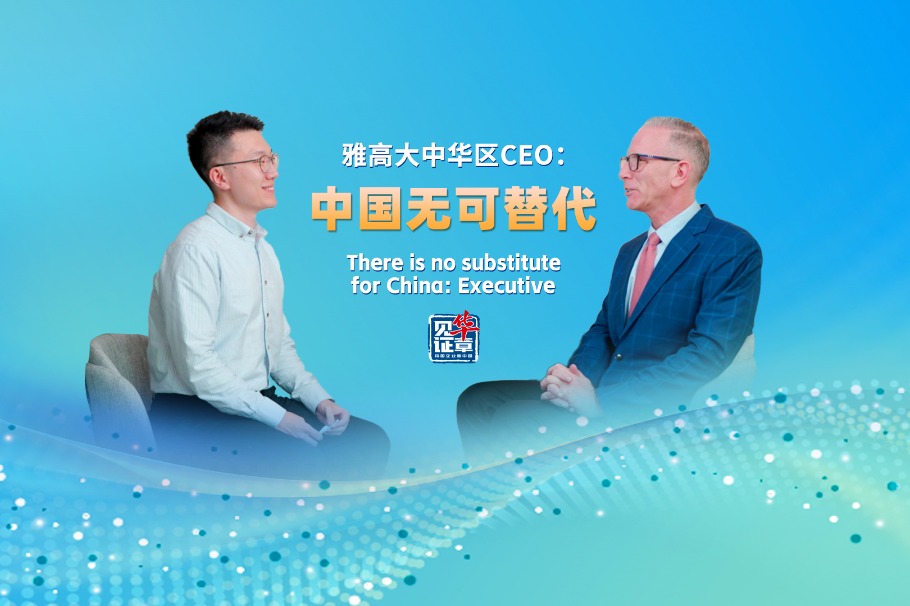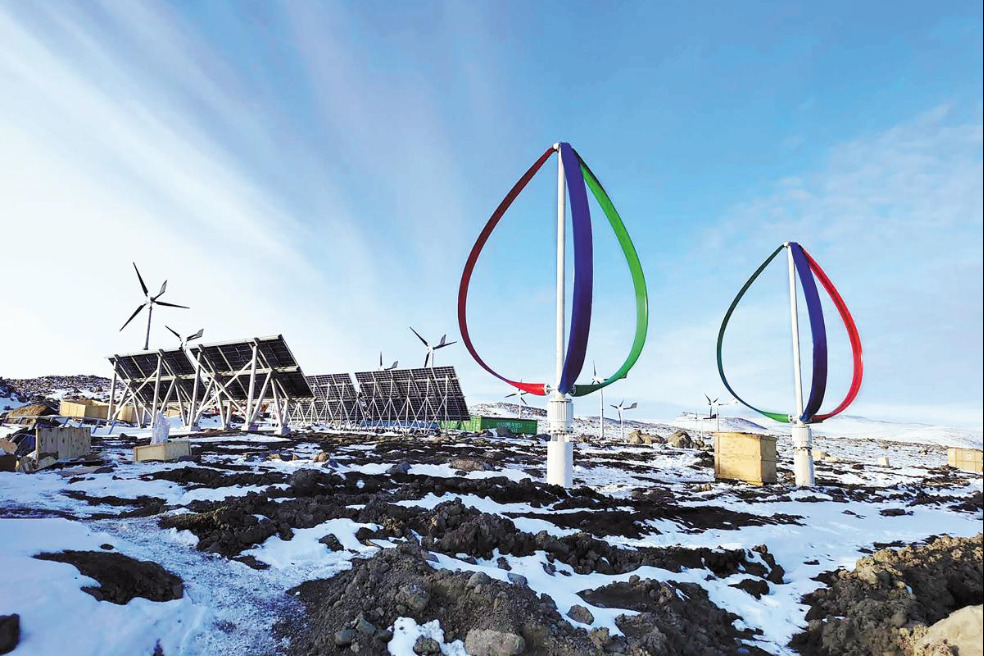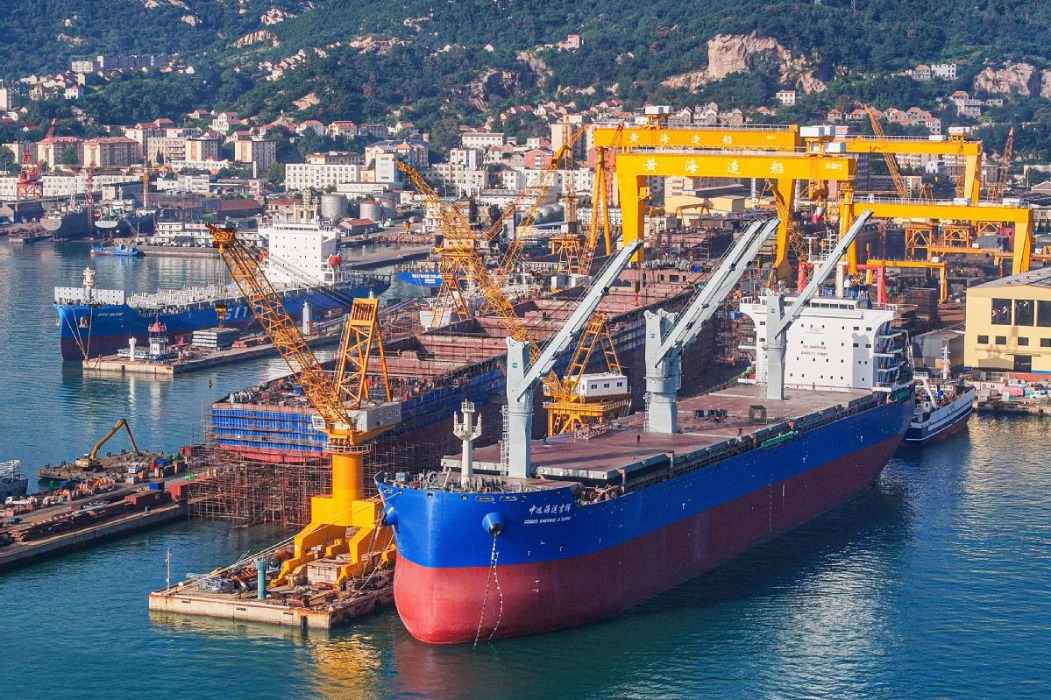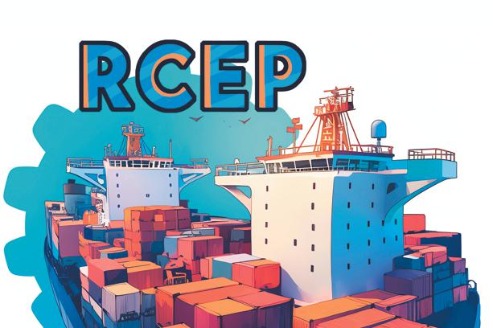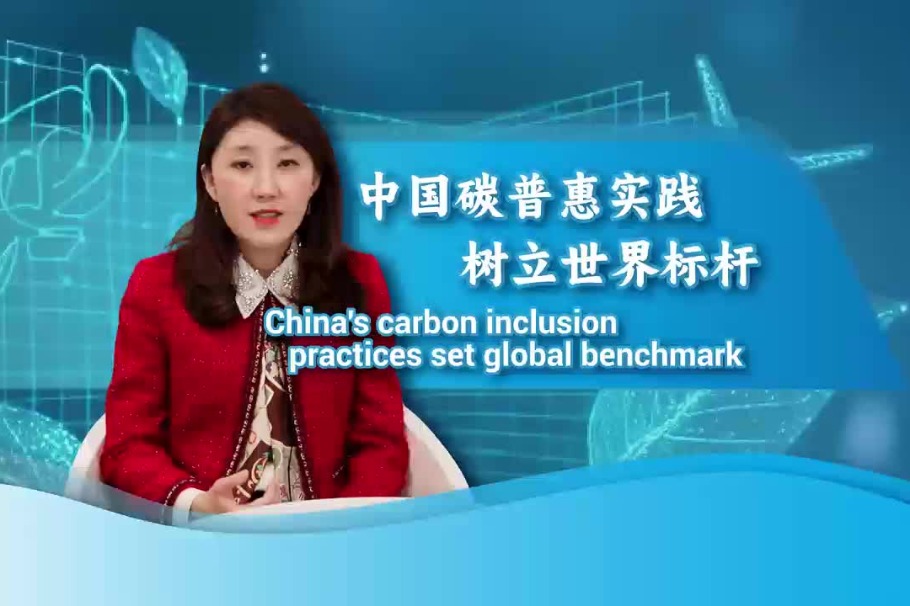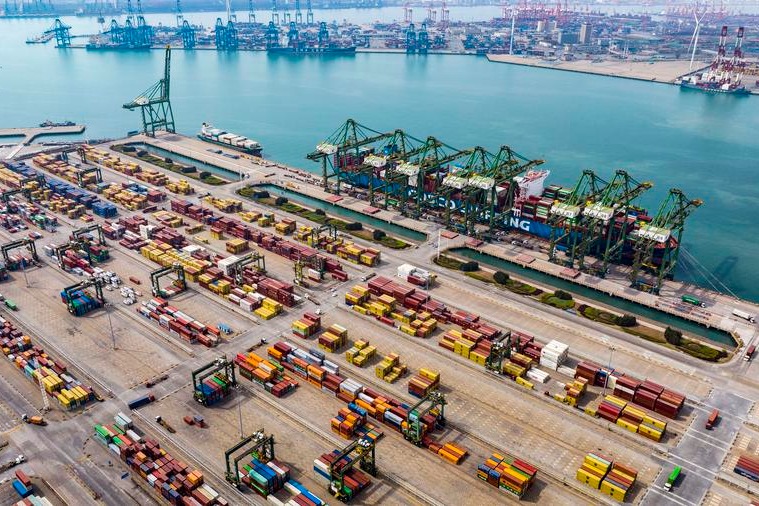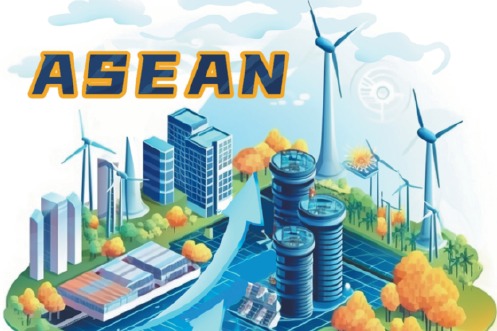Any beggar-thy-partner deals will only compound harm done by US' shock and awe assault on trade: China Daily editorial

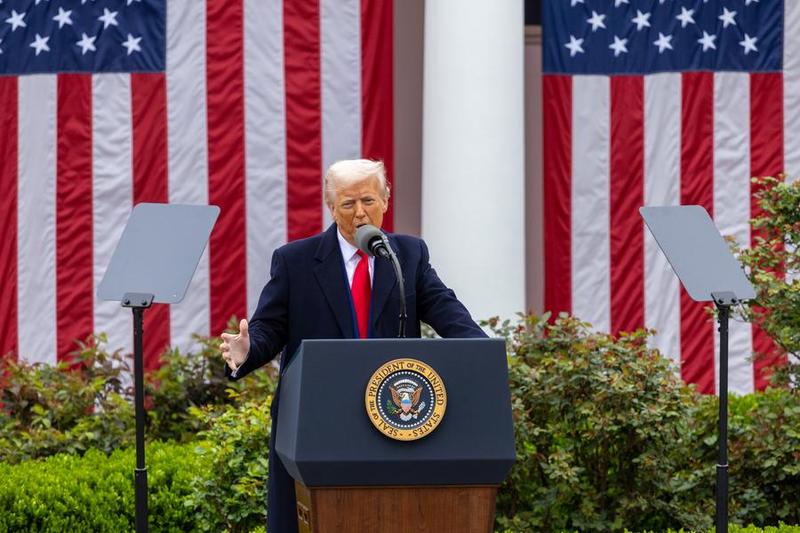
The tantamount tariff terrorism of the United States has given the rest of the world the opportunity to rethink its trade relationships. After slapping the world with wide-ranging punitive tariffs and then pausing some tariffs for 90 days, the US administration has escalated its de facto trade terror tactics by seeking to use the tariffs as leverage to get its trade partners to cut their trade ties with China if they want relief from the US pressure.
According to reports, the administration is aiming to use its tariff talks with more than 70 economies to try and force them to limit their trade with China, among them the European Union, which is China's second-largest trading partner, and vice versa.
This is not the first time the EU has found itself the target of the US' unlawful use of militancy and intimidation in pursuit of Washington's political aims. The US has already forced the EU to squeeze out Huawei and other Chinese tech companies from its 5G networks and major EU companies such as ASML have been strong-armed into restricting their trade with China.
Beijing has repeatedly expressed its desire to deepen ties with the world's largest trading bloc. Now, in the face of the US' latest power play and in strong contrast to previous remarks by EU leaders about the need to "de-risk" the bloc's supply chains from China, EU leaders have publicly expressed the need for consultations on greater cooperation. This reflects the reality that Europe needs to de-risk from the US, not China.
The US' decoupling push has not been welcomed in Asia either given the close regional economic integration. Indeed, the US trade war against China during the first Donald Trump administration was widely seen as a trade war against East Asia because of the region's closely knit supply chains. China's largest trade partner today is not the US, but the Association of Southeast Asian Nations. And China is the largest trade partner for Japan and the Republic of Korea, two close US security allies in the region.
Indeed most economies are well aware that the US bid to smear China as an economic and security threat is contrary to the reality of their relations with the country. For years, ASEAN has rejected the almost constant US pressure on it to choose sides between China and the US.
While China has made it clear that it "firmly opposes any party reaching a deal at the expense of China's interests" and that it will "resolutely take reciprocal countermeasures" should that happen, this is not a stick with which it is trying to force countries to stand with it. Beijing has never demanded that any of its trading partners choose sides between it and Washington.
Beijing has always sought win-win relations with its trade partners in the belief that ensuring and improving living standards through development should be a shared endeavor.
Since the end of the Cold War, economic globalization has fueled trade, investment, and technological progress, driving global economic growth. All economies around the world are now deeply woven into the fabric of economic globalization. The aggressive bid by the US to break up the interdependence of the world has only demonstrated that it is a bad-faith actor willing to rip up agreements and renege on its word to get what it wants, and that in pursuit of its own interests it is a threat to global development.
Yet by attempting to inflict grievous bodily harm on the global trade system, the US has created a timely moment for the rest of the world — and should the US see sense, it as well — to come together as China's top leader has previously urged to "plan together, build together and benefit together".
The response to the US' abuse of power shows cooperation for development is a common aspiration of people around the world. But as the head of the International Monetary Fund said on Thursday, tariff and nontariff barriers have fed negative perceptions of a multilateral system that has failed to deliver a level playing field.
The pathway to rectifying that is promoting global trade governance under a revamped World Trade Organization that is fit for purpose and meets the needs of the times, allowing for extensive consultation and joint contributions that promote an inclusive and fair trade system that facilitates common development and shared prosperity.
In the meantime with the IMF warning in its latest Global Financial Stability report that the US tariffs have triggered financial market volatility that could potentially pose a risk to macrofinancial stability, financial institutions and their oversight bodies should allocate sufficient resources to identify, quantify, and manage the risks, including through stress testing and scenario analysis.
This is the right way to overcome both the immediate risks and the structural problems hindering the healthy development of the world economy?and?sustain the dynamism and momentum of global economic growth for the benefit of all.


















